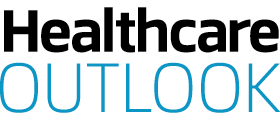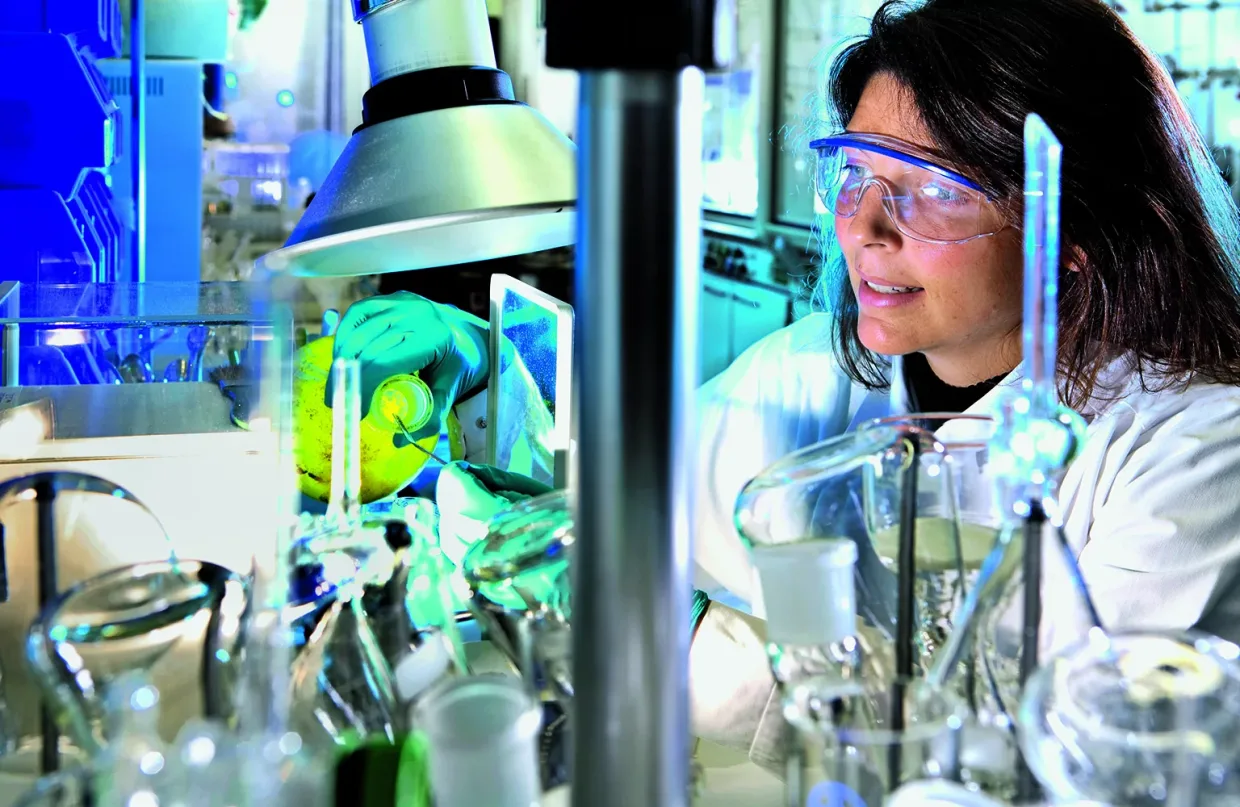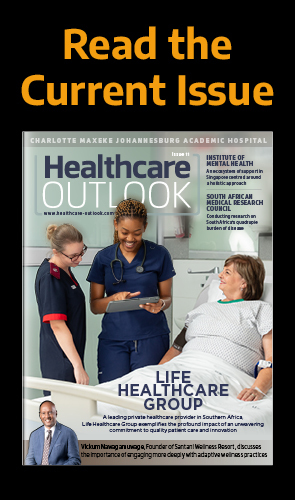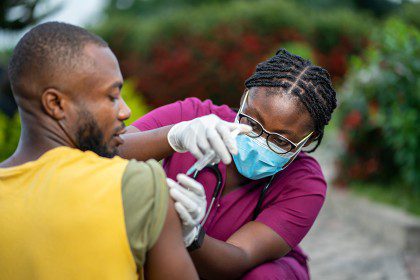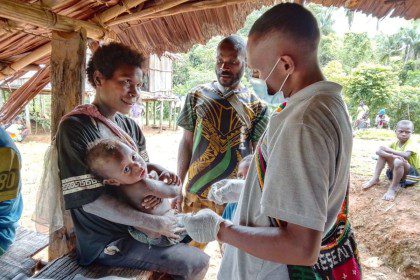A life sciences company with core competencies in the fields of healthcare and agriculture, Bayer is united by a powerful mission – health for all, hunger for none. Christian Lauterbach, Managing Director of Bayer Vital, discusses promoting sustainable practices and generating a positive impact.
VITAL TO HEALTH
For 160 years, Bayer has tackled some of the world’s biggest challenges and served the essential human needs of health and nutrition.
The group employs almost 100,000 people, operates across 80 countries, and comprises three divisions –Pharmaceuticals, Consumer Health, and Crop Science.
Recently appointed as Managing Director of Bayer Vital in June 2024, Christian Lauterbach is responsible for the Pharmaceuticals and Consumer Health business and operations in Germany.
“Our core competency is to market and distribute products and solutions for Bayer’s Pharmaceuticals and Consumer Health divisions,” he outlines.
Specifically, Bayer Vital’s pharmaceutical activities focus on cardiovascular diseases, oncology, ophthalmology, haematology, radiology, neurological diseases, infectious diseases, and women’s health.
Within consumer health, meanwhile, it concentrates on pain, colds, gastrointestinal problems, mental health, antifungals, intimate health, vitamins, and minerals.
“We are committed to patients’ safety, ensuring high quality, providing clear information, and the ongoing medical education of doctors throughout Germany,” Lauterbach affirms.
“Together with doctors and patients, we develop innovative educational materials tailored to the specific needs of our stakeholders. Co-creation is not just a principle; it is at the heart of our innovation culture.”

VALUE OF DIVERSITY
Lauterbach thrives on working closely with customers, and Bayer Vital is where the rubber hits the road when it comes to customer and stakeholder contact.
“Whether we’re talking about the market access of products, medical education for doctors and pharmacists, or even awareness-raising programmes for therapeutic areas, it’s highly exciting and rewarding for our teams to focus on continuously optimising approaches and solutions together with – and not only for – our customers,” he insights.
“I find it extremely rewarding to witness first-hand the impact we have on patients’ lives by improving accessibility to innovative therapies in Germany.”
Prior to his relatively new role at Bayer Vital, Lauterbach held various management positions within Bayer’s global pharmaceuticals division such as Head of Radiology for the Europe, Middle East, and Africa (EMEA) region and European Business Unit Head for Oncology.
His international experiences, including as President and CEO of Bayer’s Pharmaceuticals division in Canada, Division Head in Poland, and Head of Marketing in Japan, have greatly broadened Lauterbach’s perspectives and underscored the immense value of diversity.
“I firmly believe that diverse perspectives and approaches are essential for making well-informed decisions and achieving superior outcomes,” he emphasises.
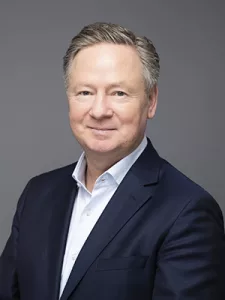
“I find it extremely rewarding to witness first-hand the impact we have on patients’ lives by improving accessibility to innovative therapies in Germany”
Christian Lauterbach, Managing Director, Bayer Vital
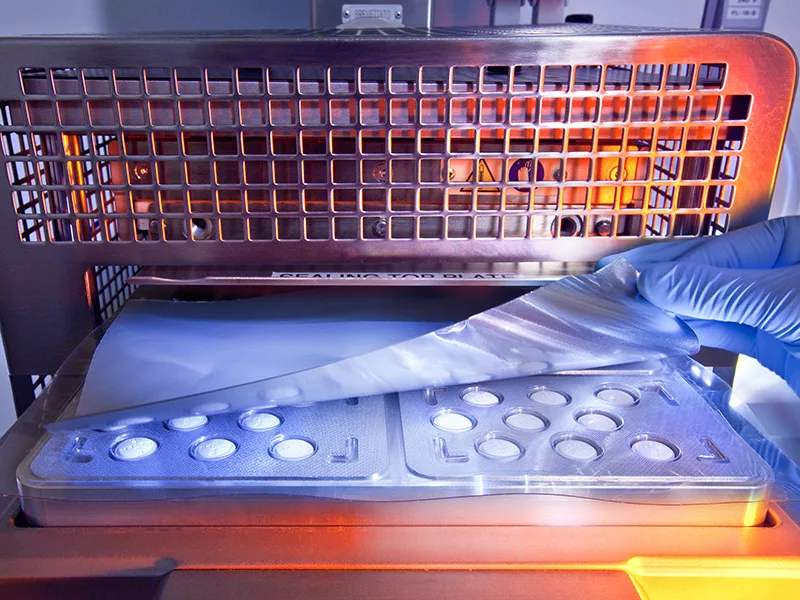
TRANSFORMATION PROCESS
To further drive its mission, which is at the heart of everything the group does, Bayer is undergoing significant transformation.
This includes fundamentally redesigning its operating model as part of a new Dynamic Shared Ownership (DSO) system.
With this transformation, Bayer aims to cultivate a more productive and engaged workforce, accelerate its time to market for innovations, and simultaneously further drive the group’s financial performance.
“This not only means busting bureaucracy to speed up processes, but also moving away from traditional hierarchical structures and creating a culture of empowered employees who take accountability and exercise an entrepreneurial mindset,” Lauterbach elaborates.
Although Bayer Vital has always maintained close relationships with its customers, the new DSO operating model will optimise the company’s outcomes even further through the creation of small product and customer teams that work in co-creation with stakeholders across the value chain.
With a patient-focused mindset, and in partnership with other pharmaceutical companies and relevant stakeholders, Bayer is focusing on various topics in the German market.
This includes striving to enhance market access to innovative medicines for patients in need, and further optimising the supply chain of prescription and over-the-counter pharmaceutical products.
“We are also leveraging the full potential of biotechnology in promising fields such as cell and gene therapy, as well as catalysing the digital transformation for the benefit of patients,” informs Lauterbach.
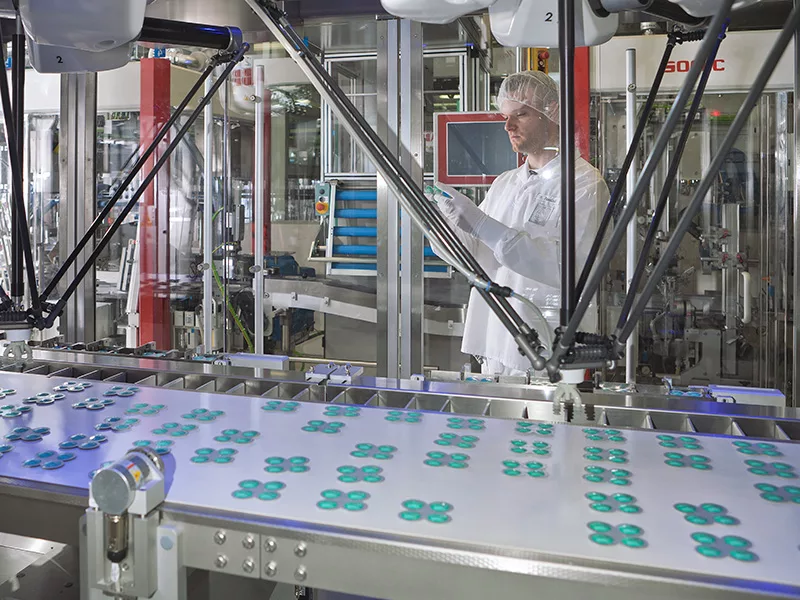
INNOVATIVE PLATFORMS
When it comes to more innovation-driving fields, Lauterbach provides three concrete examples.
Starting with digital health, one of his current favourite examples within Bayer Vital is the company’s INSIGHT PROSTATE app.
Together with ANIMA RES, a specialist in 3D medical animations, it has developed a mixed reality application for prostate cancer education which is free of charge to patients, doctors, and medical students.
“Urologists are excited about this new way of educating their patients about disease and treatment options,” Lauterbach tells us.
The company has also introduced another new platform featuring artificial intelligence (AI) programmes that can optimise medical imaging outcomes whilst simultaneously reducing workload for radiologists.
Bayer is additionally laying a solid foundation for cell and gene therapy (CGT) in Germany, complementing its strong CGT footprint in Boston, US.
“We are extremely excited that the Charite – Universitätsmedizin Berlin and Bayer recently announced plans for the construction of the Berlin Centre for Gene and Cell Therapies,” adds Lauterbach.
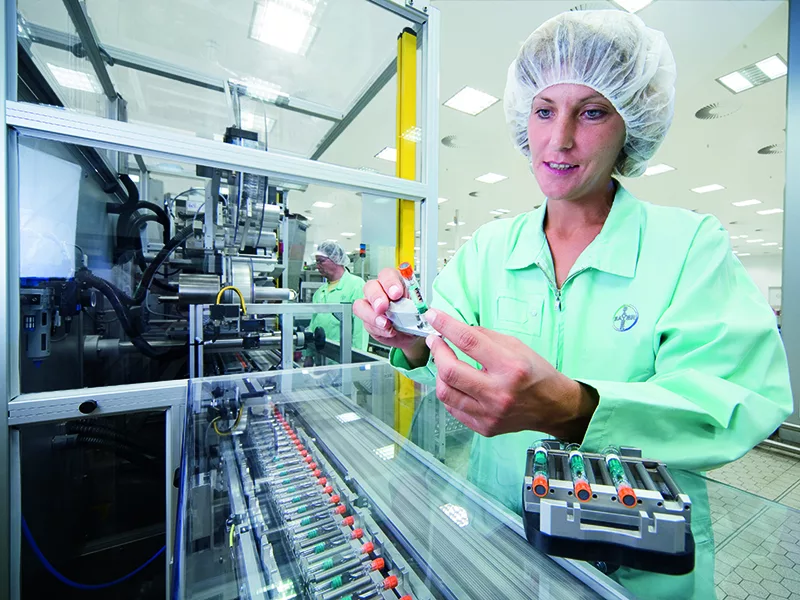
SUSTAINABILITY EFFORTS
As human and planetary health are inextricably linked, and scientific data has made it clear that climate change is one of the biggest global health threats of our time, Bayer is striving to achieve net zero emissions by 2050.
“We are actively contributing to achieving the UN’s Sustainable Development Goals (SDGs) with myriad projects focused on health and well-being,” Lauterbach affirms.
Bayer’s Consumer Health division is committed to enabling sustainable access to everyday health for 100 million people per year in underserved communities around the world by the end of the decade.
Nearly one in three people globally have no access to essential vitamins and minerals, which can lead to poor immunity, fragile health, stunted growth, and other issues.
“As leaders in nutritional supplements, we understand the importance of micronutrient intake and the challenges of enabling access to them,” acknowledges Lauterbach.

“With our Nutrient Gap Initiative, we have expanded access to vitamins and minerals into underserved communities.”
The Pharmaceuticals division, meanwhile, focuses its sustainability efforts on topics such as fighting neglected tropical diseases, empowering women globally, and ensuring a sustainable product supply.
As a global market leader in women’s health, Bayer is stepping up with the goal to help provide 100 million women in low and middle-income countries with affordable, modern contraceptives by 2030.
Bayer Vital aligns its operations with the group’s broader sustainability goals by reducing its carbon footprint and enabling product accessibility in Germany.
“Our employees are passionately engaged in projects that support the company’s sustainability objectives, making it a core element of our business,” Lauterbach concludes.
